Africa/ Nigeria/ 29.07.2019/ Source: guardian.ng.
Al�though the Federal Government has been vacillating over the proscription of the Almajiri system practised mainly in the northern part of the country the directive by President Muhammadu Buhari to governors, the other day, seemed to have made any proposed soft landing for the Almajiri system superfluous. While the suspension of the proscription might have given some respite to supporters of the Islamic education system, the president’s charge to governors to enforce free basic education was an indirect castigation of the obnoxious practice.
It is somewhat curious that within 24 hours, three confusing statements about the same Almajiri and free basic education had hit the public space. While the National Security Adviser, Babagana Monguno, suggested that the Federal Government was going to proscribe the Almajiri for security reasons, a quick reaction came from the Senior Special Assistant to the President on Media and Publicity, Garba Shehu, stating that the government had no immediate plan to ban the Almajiri system. In the same breath, the president directed governors to enforce the provision of basic education. What kind of conceptual confusion on public policy is this at the highest level?
Despite confusing statements emanating from the presidency over what to do at the moment about the Islamic education system, it is gratifying that the same presidency was considering its proscription or some sort of overhaul. And perhaps the president’s charge to governors to enforce free basic education might be the way to overhaul that controversial practice.
When one considers the glaring absence of free basic education in Nigeria, the filthy, disease-prone, unhealthy environments that many children are nurtured, the incessant abuse they face and the absence of food, drinking water and adequate healthcare, one would begin to appreciate the frightful clarity of the bleak future befalling Nigerian children. For Governor Nasir El-Rufai of Kaduna State, this is calamity befalling the children of the north. The point could not have been better made by one of the leading lights in the region, Governor el-Rufai.
The Kaduna State governor was recently quoted as saying: “Looking at the statistics, Nigeria appears to be a middle income country but if we segregate those statistics across states and zones, you will see that in terms of human development indicators, Nigeria consists of two countries. There is a backward, less educated and unhealthy Northern Nigeria and a developing, largely educated and healthy southern Nigeria.”
No cultural practice captures this grim reality of northern Nigeria than the Almajiri system. In the faith-based education practice, for all the value it portends, one beholds in one clear relief the backwardness this system courts, after all. This system of Quranic education, which stated seven hundred years ago in the Kanem-Bornu empire, is so entrenched in the socio-cultural life of many states in northern Nigeria that it has now drawn government attention. So controversial has the system been that it has also attained notoriety for being touted as one of those institutional problems financed by the government, just like the wasteful nomadic education project of former education minister, Professor Jubril Aminu.
Whereas in prominent Muslim countries like Saudi Arabia, Qatar, Bahrain, the elite send their wards to the Ivy League institutions in Europe and America, it is interesting to note that Nigeria is the only country where this practice is being promoted in this modern time. It is also paradoxical that some of the elite who support the system have their own wards educated and trained in some of the best educational institutions in and outside the country. This is hypocritical, unjust and callous.
Despite the glaring state of deprivation and abuse being faced by the Almajiris, some academics, supportive of Almajiricin (the Almajiri type of education) due to ethnic bias, have laboured to provide intellectual backing and search out beneficial justification for this practice. Some have argued that this Spartan training of Islamic acolytes have raised up some of the holy Mallams that have become spiritual directors to politicians and business men. Others have argued that the Almajiricin is a school of life that inculcates discipline, self-mortification and religious education. Such pundits have also explained that the value of the extremely austere living condition of the children and somewhat subterranean curriculum of the Almajiricin have been greatly misunderstood by the westernised mind.
Notwithstanding, the northern elite should not live in denial and breed an uncritical mass that would be used as cannon fodder for ethnic bigotry and religious intolerance. They should bear in mind that Nigeria is the only country where this obscure religious educational system is being encouraged. Well-meaning Nigerians, especially those from the north, should hold their state and local governments to ransom, and commit them to enforce free, quality basic education. It is for this reason that political actors from the north should give heed to the counsel of progressive leaders like the former Governor of Central Bank and now an Emir in Kano, Lamido Sanusi, who has consistently decried the poor quality of education of the children in the north, the widespread poverty and widening rich-poor gap in that part of the country.
Therefore, Nigerians should support the government in hastening the proscription of the anachronistic education system not mainly because of the abuse of the children themselves but also because of the consequences that educational disparity between the north and south pose for the security and overall well-being of the country.
If Quranic education is necessary to the socio-cultural wellbeing of its people, stakeholders should call for the establishment of standard educational centres where genuine, positive and transformational values of self-development and national growth could be achieved. They should adapt the models of progressive nations where this form of qualitative education has been adjudged beneficial to the overall development of a country.
Given that free basic education is a right, civil society organisations, faith-based associations and cultural groups should educate parents and parents-to-be on the task of responsible parenthood. Parenting is not only about the capacity to bring forth an offspring; it also entails the demand of parents to be responsible for the choices made. Often, many parents have resorted to religious injunctions and some misunderstood African traditions as justifications for the wanton violation of the rights of children. It, therefore, behoves the civil society to question the social value of such practices when they provide justifications for abuse under the guise of providing moral education.
To this end, government and relevant authorities should effectively enforce the Child Rights Act by ensuring that parents, caregivers and formal guardians who infringe on the rights of children are prosecuted. The right thing therefore at this time is enforcement of free basic education as guaranteed by even the organic law of the land.
Source of the notice: https://guardian.ng/opinion/free-basic-education-not-almajiri-system/
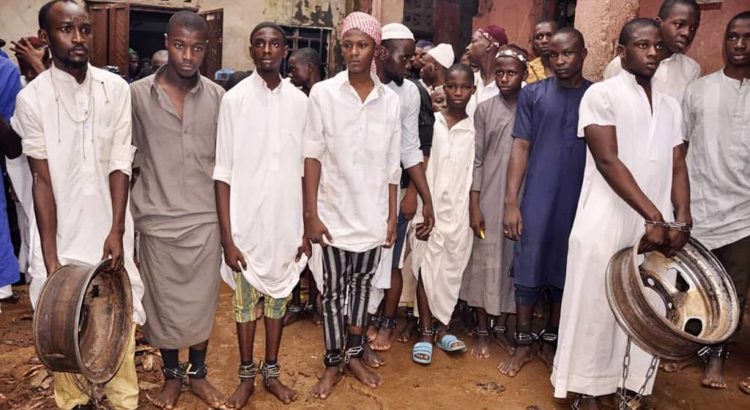

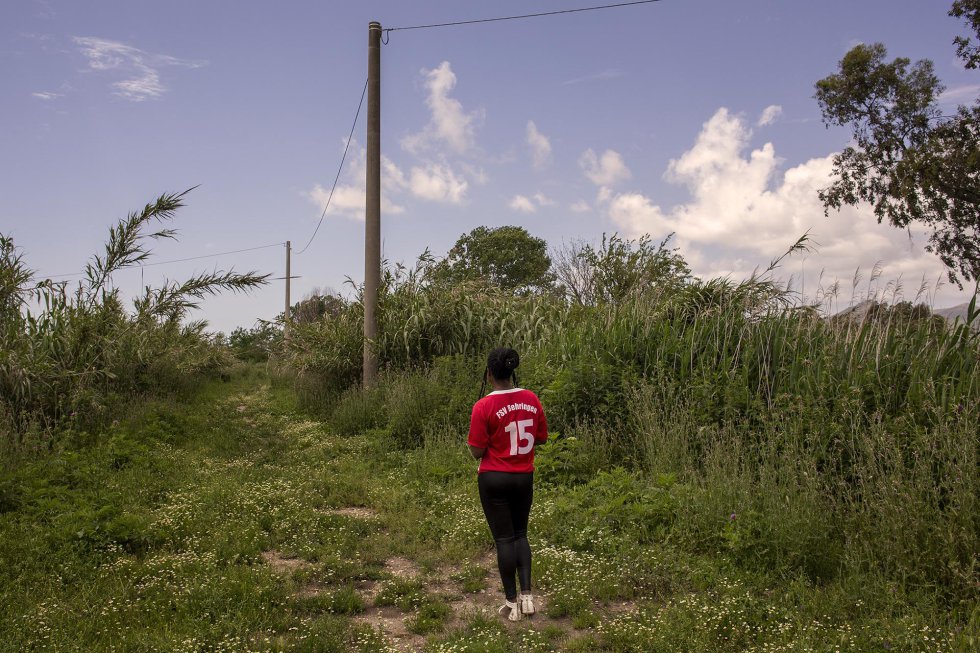
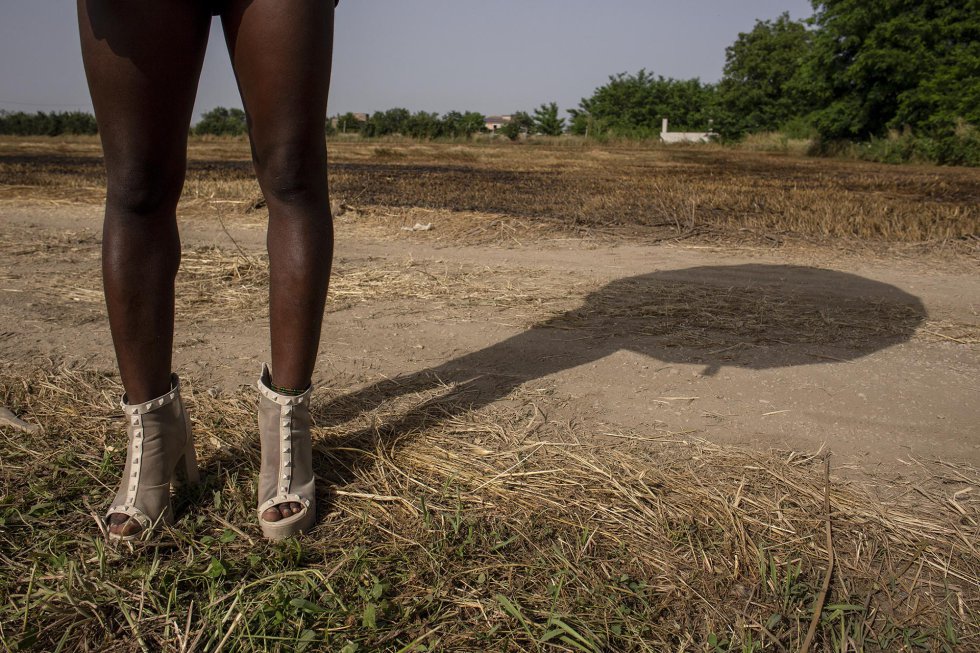

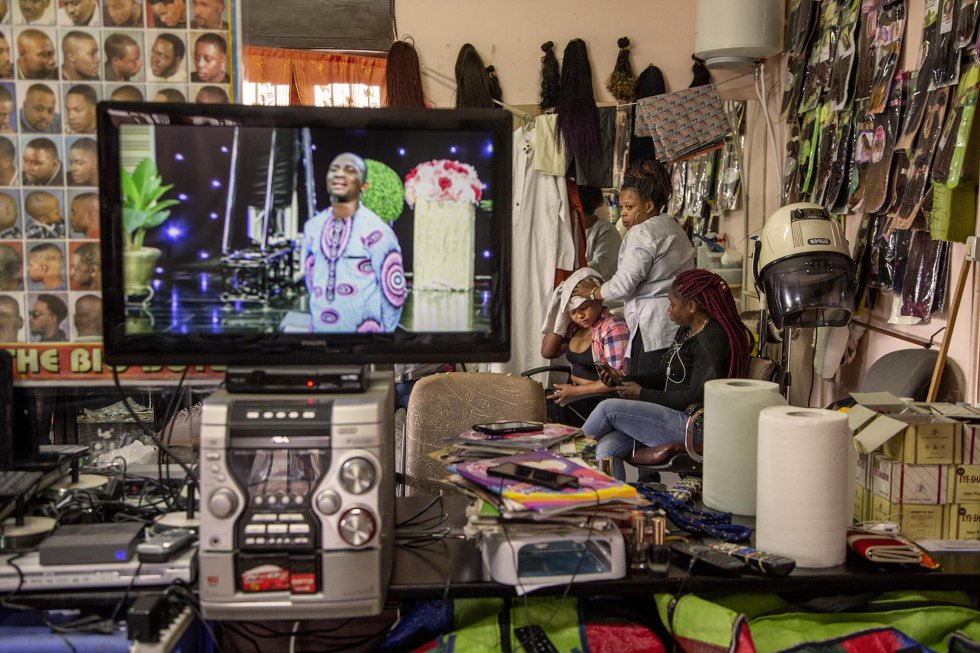
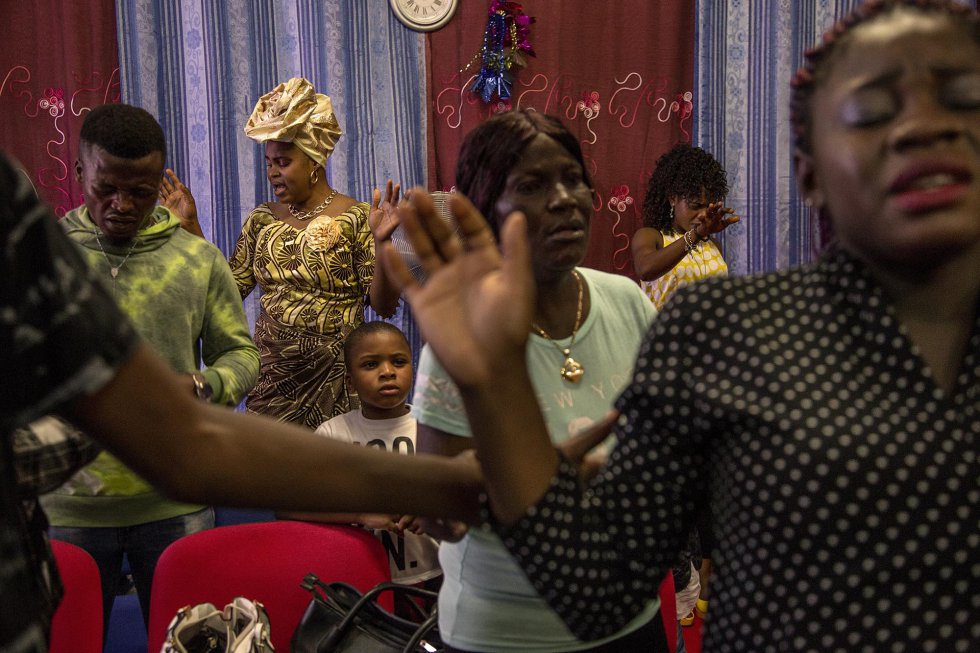
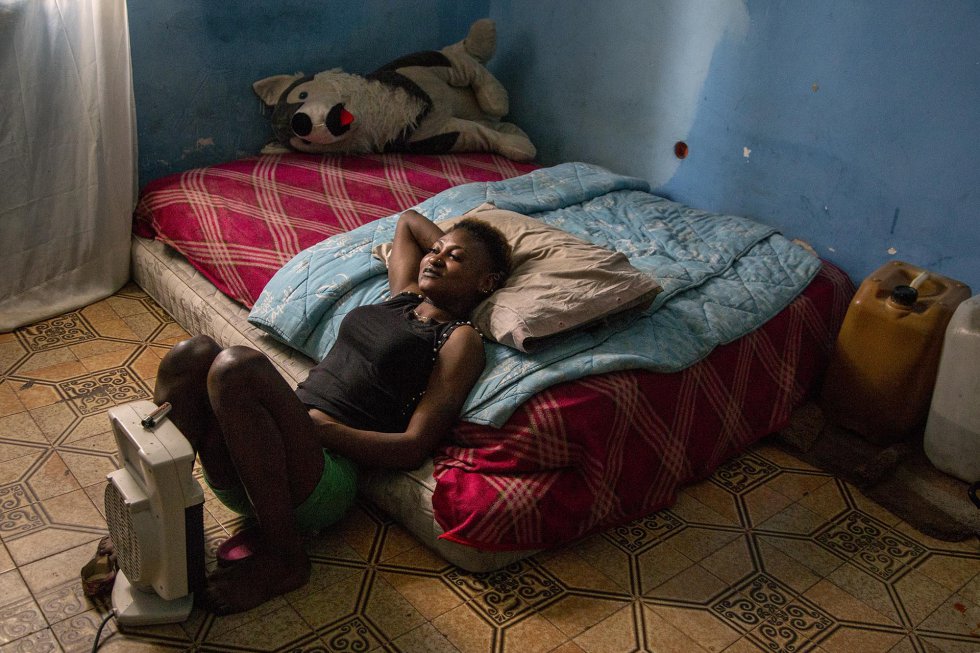
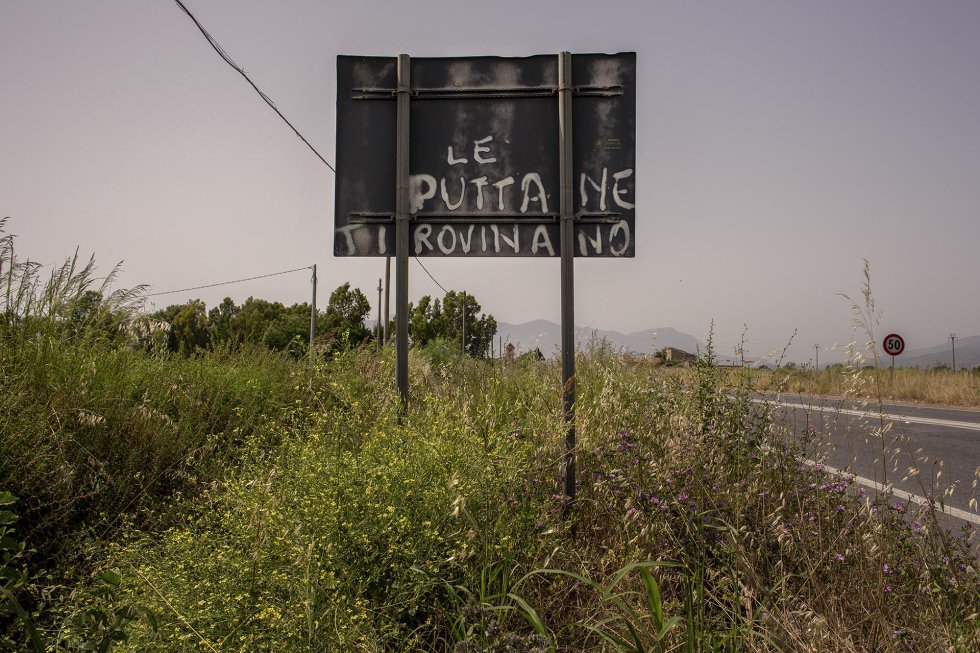
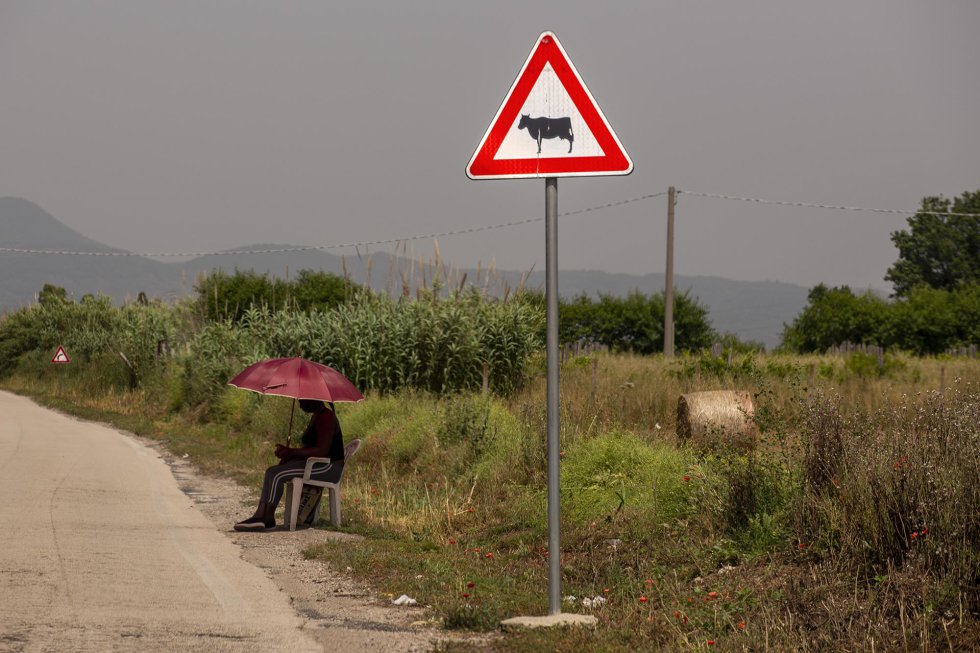
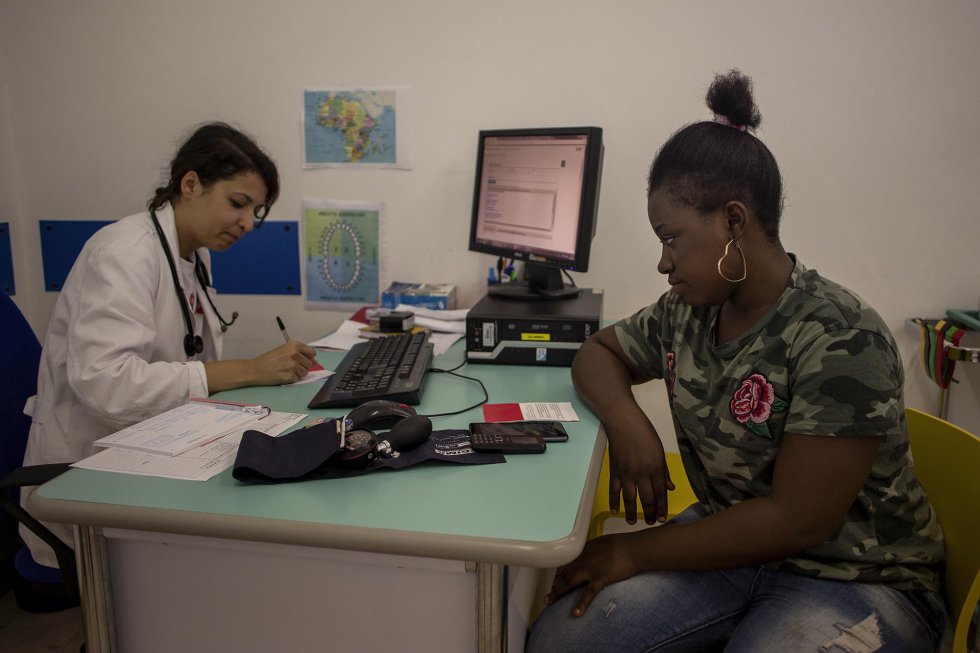
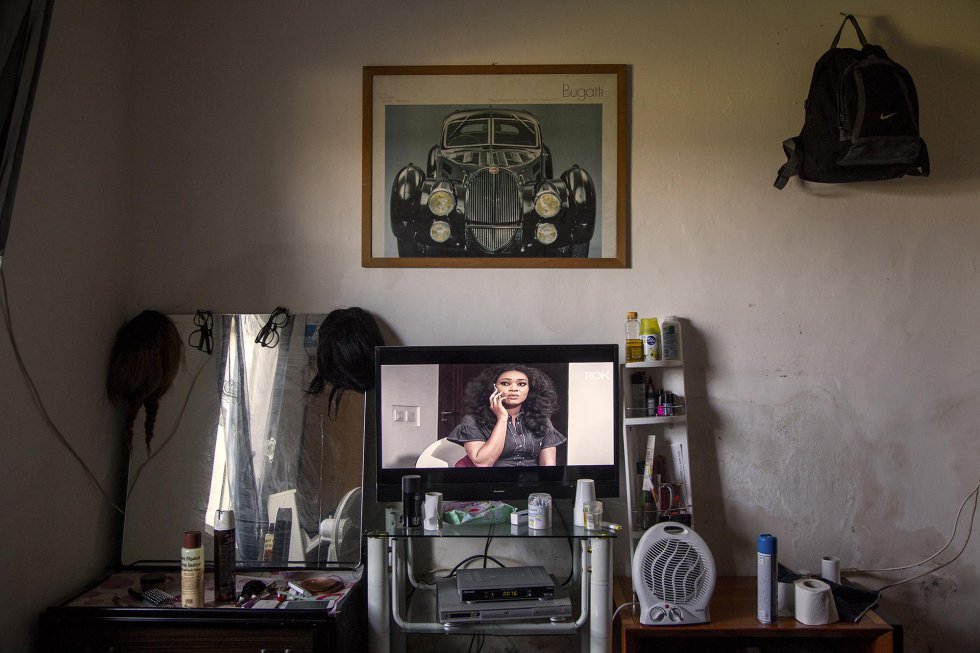
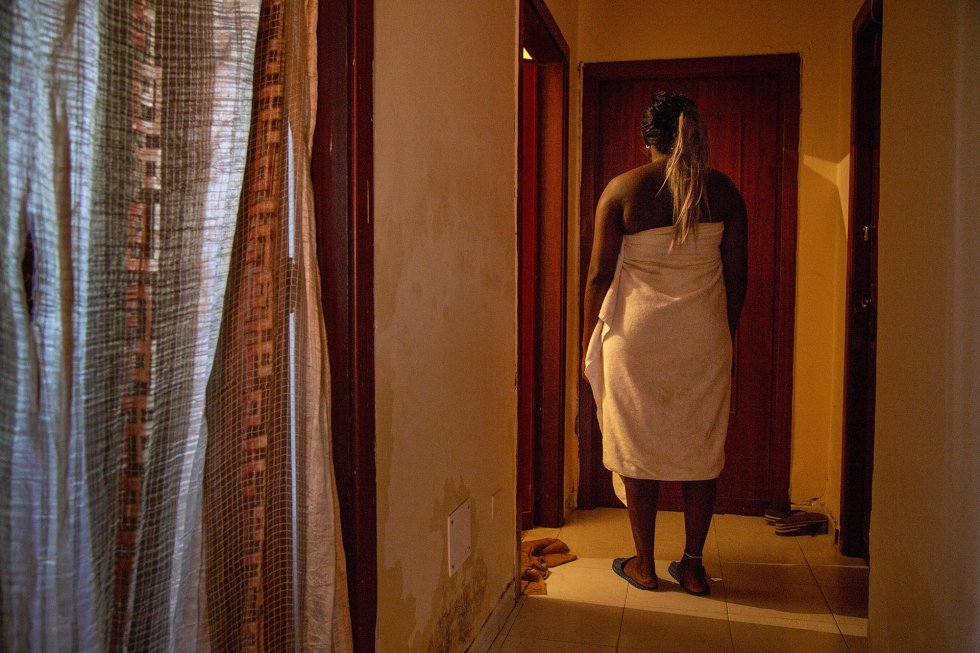
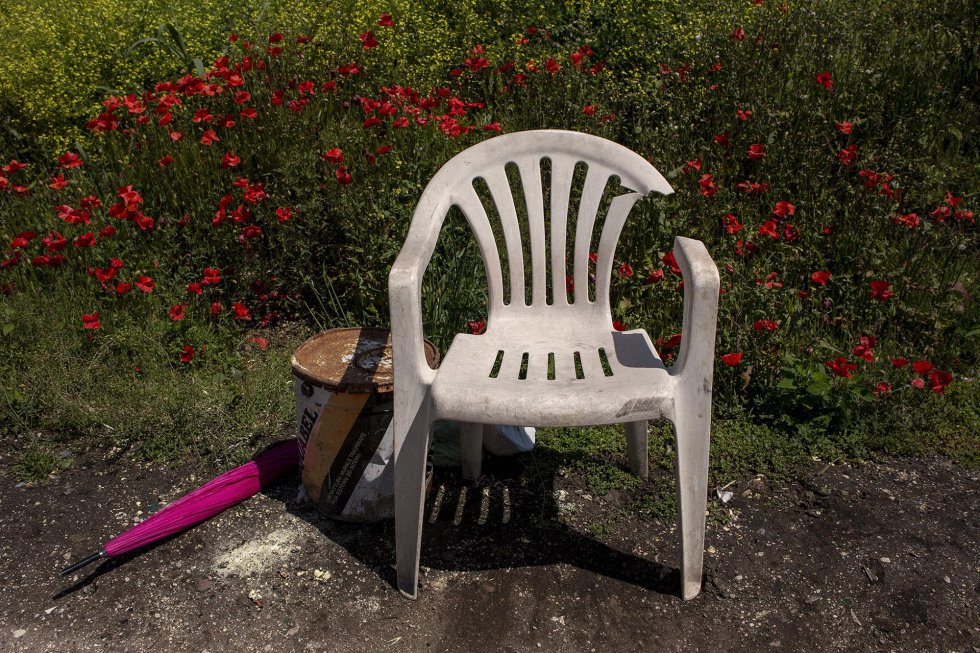
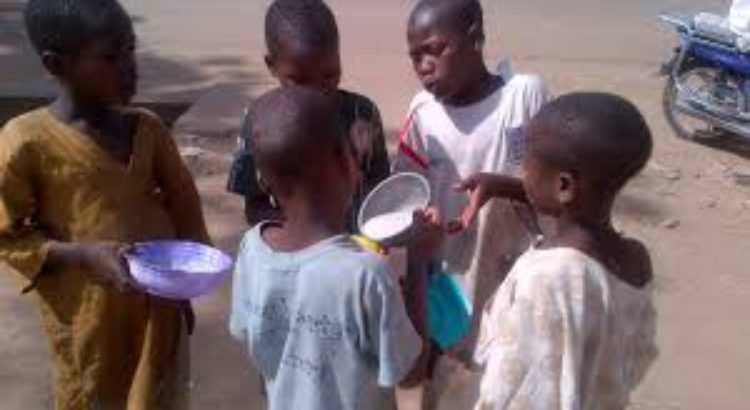

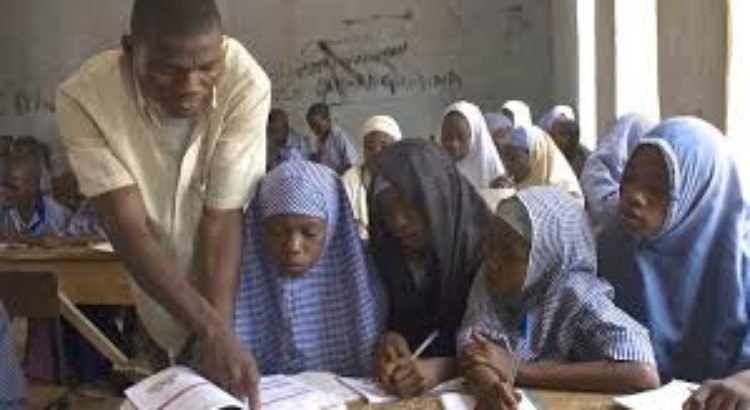
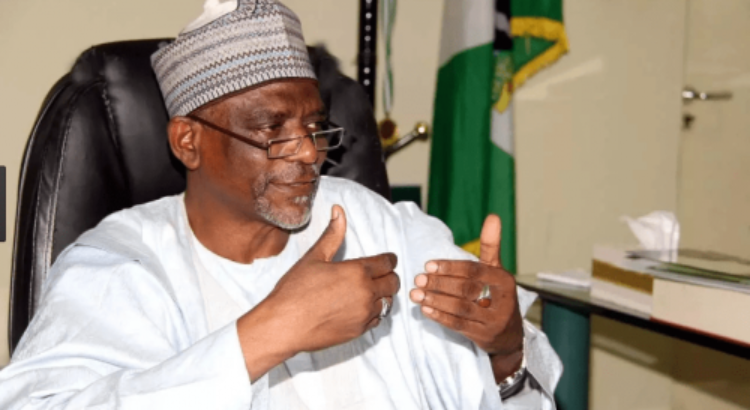
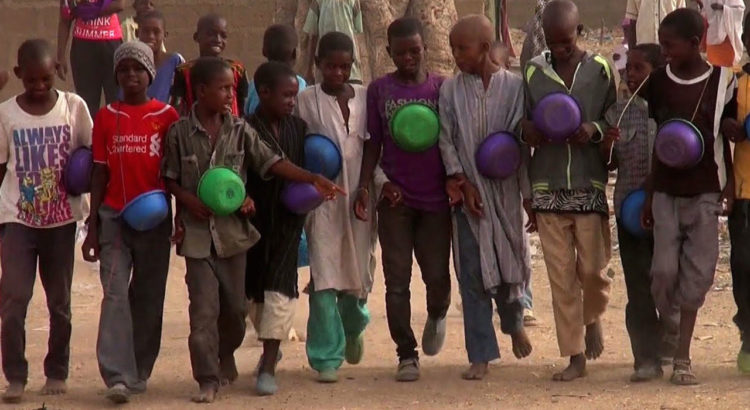






 Users Today : 7
Users Today : 7 Total Users : 35460310
Total Users : 35460310 Views Today : 8
Views Today : 8 Total views : 3419036
Total views : 3419036